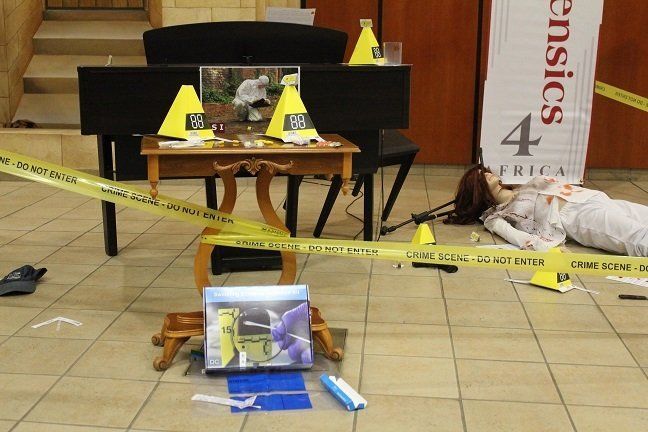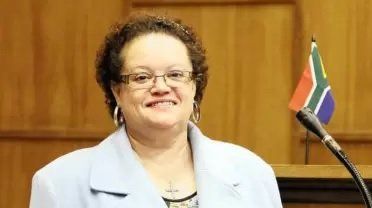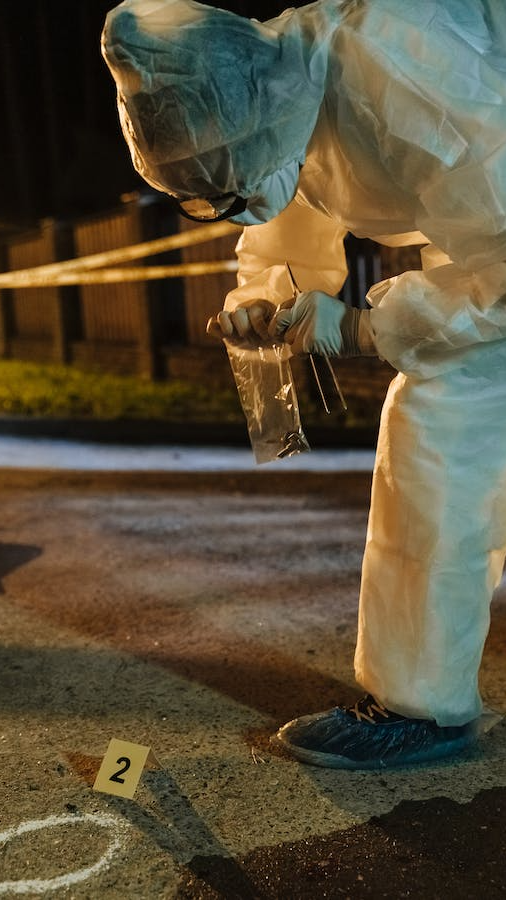Clearing Your Name- How Forensic Evidence is Being Used in the Johnny Depp Defamation Trial
A claim of defamation
Celebrity stars Johnny Depp and Amber Heard were in a controversial defamation trial in which Johnny Depp sued his ex-wife Amber Heard for $50 million for losses he incurred after an article she released stating that she was a “domestic abuse survivor” after her divorce from the “Pirates of the Caribbean” actor in 2017.
Depp filed the lawsuit in Virginia, USA. “Generally speaking, the elements of defamation are: (1) publication of (2) an actionable statement with (3) the requisite intent.” Fox & Mughal (2020). The Association of Certified Fraud Examiners adds that such a statement was made on an unprivileged occasion. It is the responsibility of the judge and jury to decide whether the elements have been proven.
The op-ed was written for The Washington Post in which Heard described herself as a "public figure representing domestic abuse." Depp was not named in the article, but despite this, he claims the article cost him lucrative acting roles including being cut from the sixth instalment of the “Pirates of the Caribbean” series.
The trial, which started on the 11 of April 2020, had seen forensic evidence being presented as a tool for convincing the jury that this case was more than an argument of “he-said-she-said” but a trial of hard evidence proving whether or not Ms Heard was guilty of defaming Mr Depp.
In the article, she talks about being in an abusive relationship shortly after her marriage to Depp ended. Depp is implied to be the abuser, causing major backlash from the entertainment industry and the public at large. In the wake of the “Me too” movement, people were quick to stand by Heard.
In an attempt to restore his reputation, Depp decided to take Heard to Court. In this case, Depp seeks to prove that Heard was not the sole victim of their toxic relationship and that not only did he not physically abuse her, but that he was the victim of domestic abuse.
The evidence, in this case, included witness statements, photographs, voice recordings and expert testimony presented by both parties. Heard’s attorneys introduced photos showing injuries to her body, including scars on her arm that were seen at a red carpet event, and redness around her eye that she said was after Depp hit her with a phone. However, there had been some uncertainty raised over the photos by Depp’s team saying that the images had been doctored by Heard and therefore questioning the genuineness of her abuse claims.
Heard’s team presented a make-up kit by cosmetics brand Milani Cosmetics. She said she used the make-up to cover up her bruises. However, that particular make-up pallet was proven by the brand, to only have been released in 2017 while Heard claims she used the kit around 2014 to 2016. In support of Depp’s claims that not only did he not assault Ms Heard, but that he was the victim of physical abuse, his team supplied audio recordings of some of the aggressive exchanges between Depp and Heard. Depp told the court he recorded his altercations with Heard to remind her of what was said during their arguments. In one of their arguments, Heard speaks of striking Depp. "You didn't get punched; you got hit. I'm sorry I hit you like this, but I did not punch you.” Heard said. This evidence supported Depp’s claims that his ex-wife did assault him.
Expert witnesses testified in the trial. Dr. Shannon Curry, a forensic psychologist, told the jury that she believes Amber Heard has borderline personality disorder which according to the “Diagnostic and Statistical Manual of Mental Disorders,” people with this disorder display symptoms such as anger problems and a distorted concept of themselves. These symptoms may speak to Heard’s lashing out and her decision to have the article published.
Dr. David Spiegel, a psychiatrist, called by Amber Heard, said that Johnny Depp has "consistent behaviours for someone who is a perpetrator of intimate partner violence."
These expert testimonies helped the jury to understand the frame of mind and possible motivations for certain behaviours or actions committed as well as whether or not a person can be fully accountable for their actions. One of the most crucial expert witnesses was Michael Spindler, a forensic accountant who said, based on sound calculations, that Depp had lost around $40 million in earnings following Heard’s article. This evidence supports Depp’s claim that his earnings are being affected by the statements made by Ms Heard.
Forensic evidence proved to be essential in this case. The opinions of the expert witnesses, the photographs and the tape recordings guarantee that the jury formed a clear picture of the whole case and allowed them to make a fair decision.
After six weeks of testimony and three days of deliberation, the seven-person jury delivered its verdict. The jury made a unanimous decision to find both parties liable for defamation, although appeared to side more closely with Depp, awarding him $15 million in damages, while awarding Heard $2 million in damages finding that former Depp attorney Adam Waldman had defamed her.
In South Africa, three elements must be present in order for a person to succeed in a claim of defamation. These elements include a wrongful statement, an intention to make a defamatory statement, and that statement must be published. Alisha Naik et.al (2021).
“South Africa’s landmark online defamation case occurred in 2013 (Heroldt v Wills), which saw Heroldt seeking an interdict against Wills for posting a defamatory Facebook message about him. The gist of Wills’ post was that Heroldt was an unfit parent due to his alleged substance abuse.” Law for All (n.d) The post was published, with false information, to the public with the intention of damaging Heroldt’s reputation. There was no evidence to prove the statement was true and the judge ruled that Wills had to remove the post and pay heavy legal fees. Law for All (n.d).










